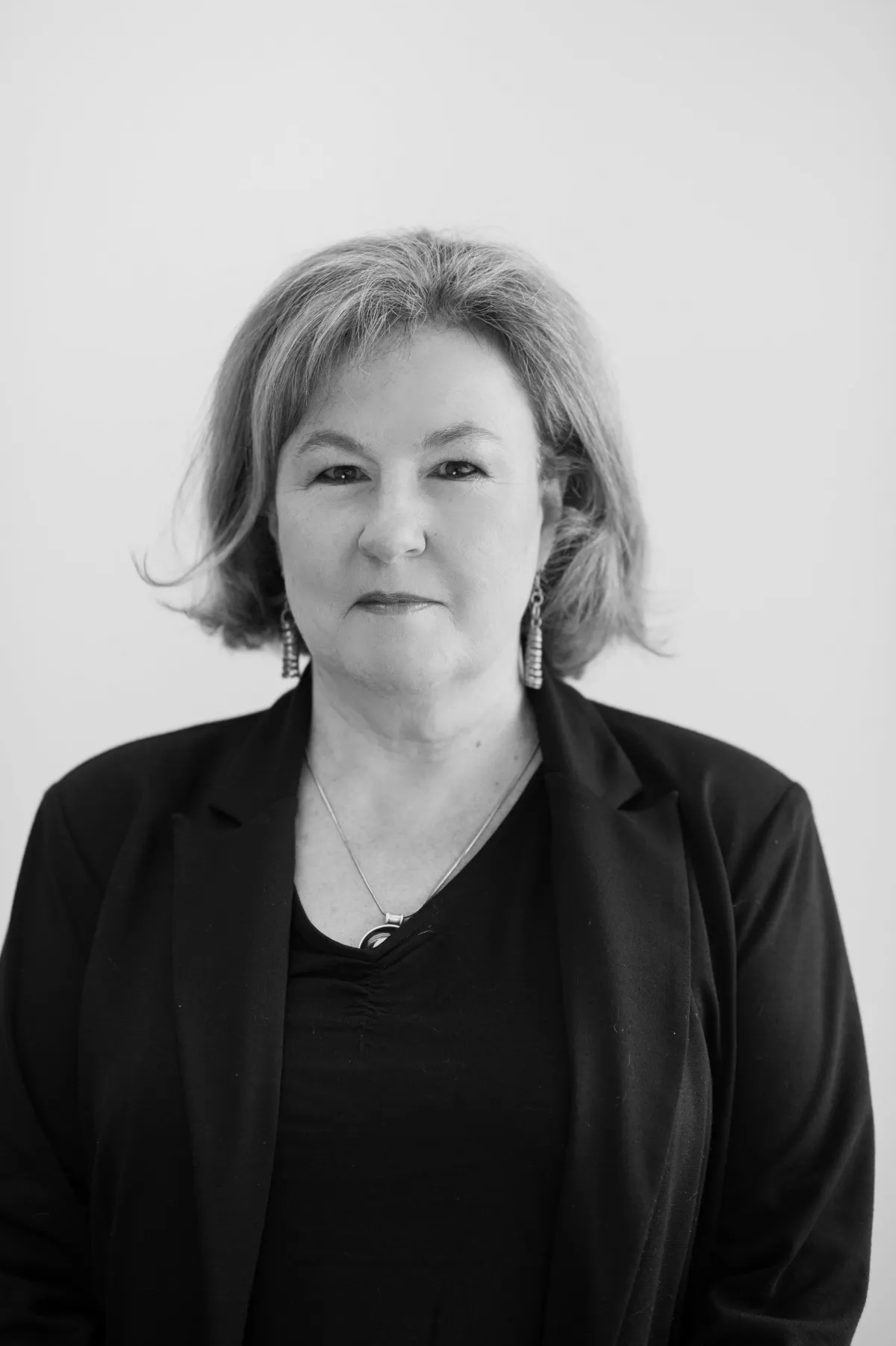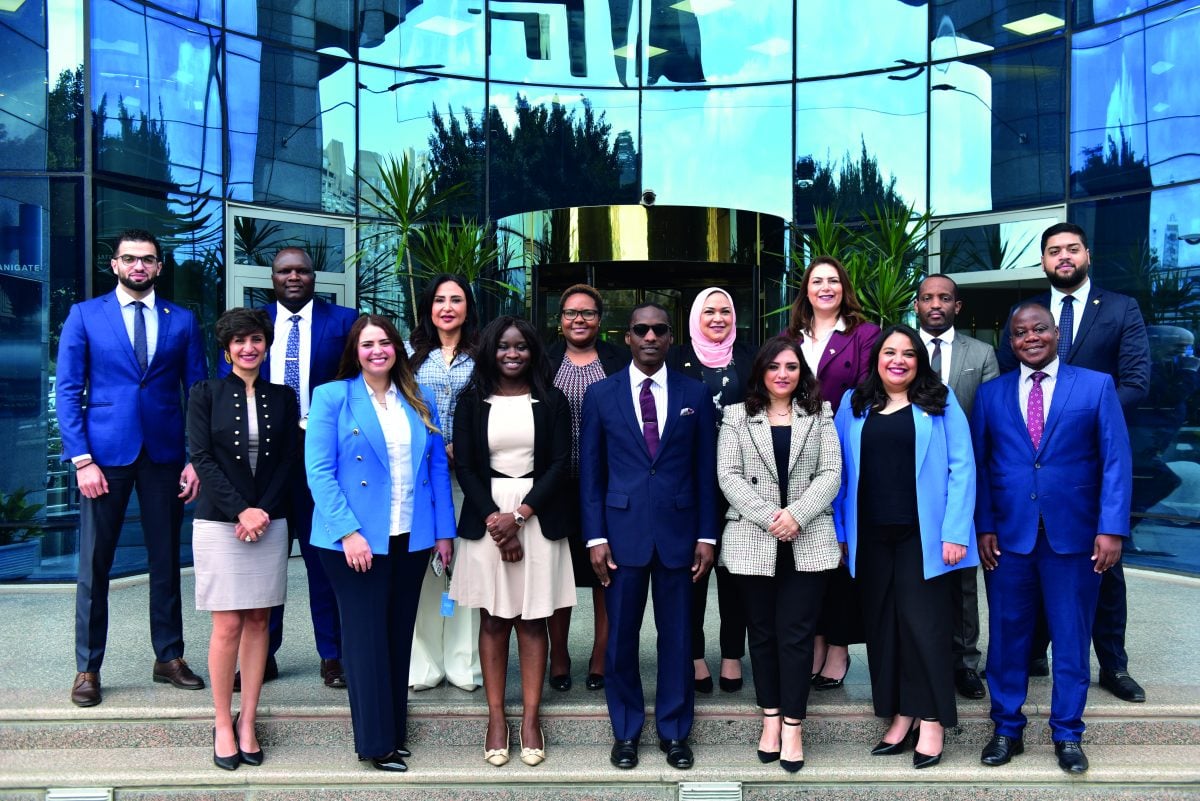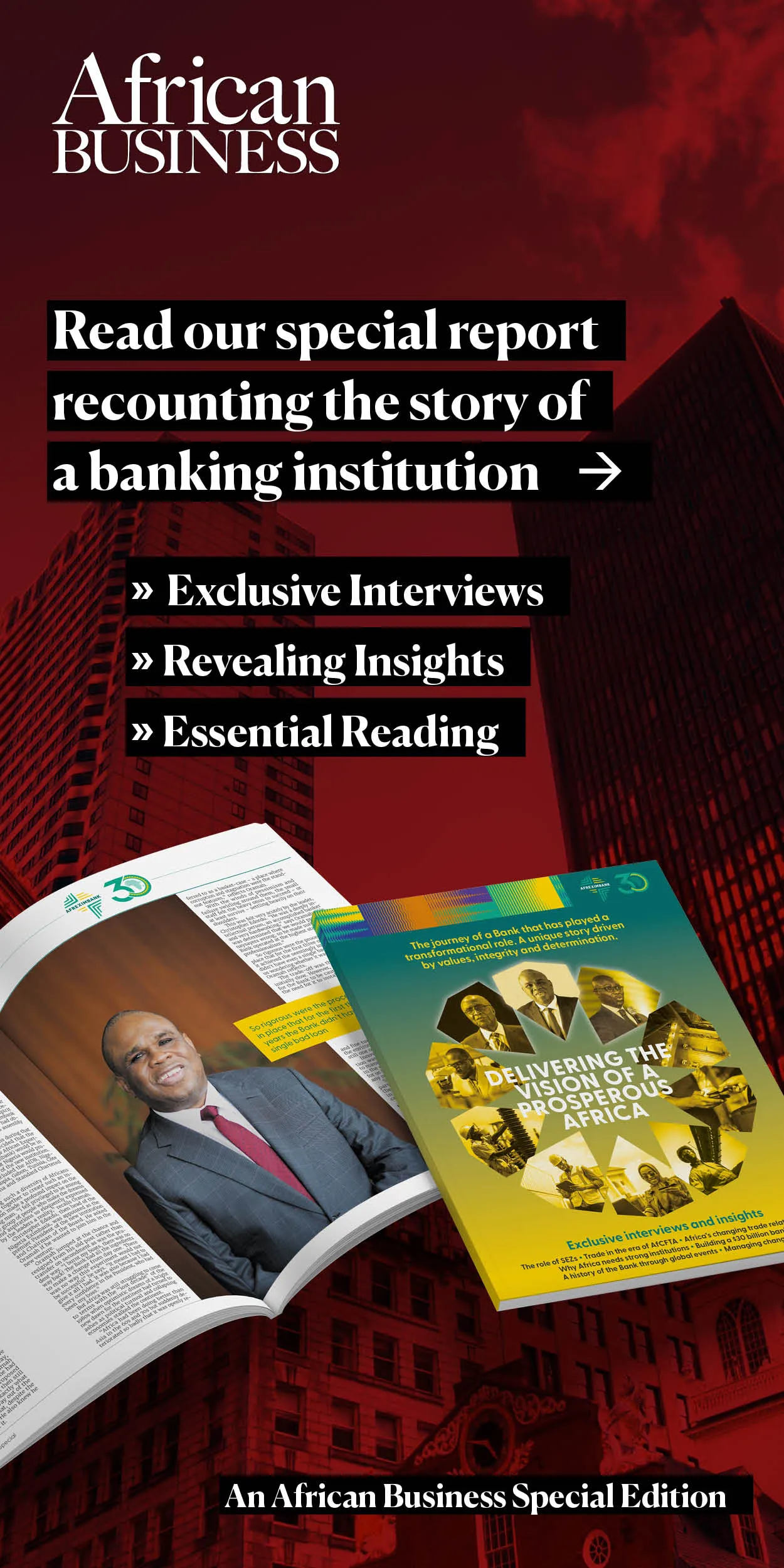This article was produced with the support of Afreximbank
Stephen Kauma joined Afreximbank in 2008 as employee number 47. By the end of April this year, there were 319 permanent staff and a further 600 consultants and contract workers.
The increase has been gradual, with growth never more than about 25% a year. “But it’s been quite a journey from less than 50 people to where we are today,” says Kauma, Director and Global Head of Human Resources.
Employees are spread across six regions, and he has had to put in place a structure to not only address a growing organisation at home but one that can operate seamlessly across all the regions without losing the core values of the Bank.
Kauma, who hails from Uganda, joined Afreximbank in 2008 after working in consulting at KPMG and PwC. He moved on to LafargeHolcim for a year before responding to an advertisement to join Afreximbank.
This was the second major recruitment drive the Bank had done in almost a decade. In its early days, it moved cautiously and tried to maintain a lean structure as it focused on survival. “When I arrived, there was a small team in place, but what struck me was the sense of purpose. People were really focused on delivering what was required.”
Then president, Jean-Louis Ekra, was running the Bank from Nigeria, rather than from the Cairo headquarters, due to a long shareholder dispute. “I got to meet him in Abidjan eventually and he did mention it was going to be a long, hard road as the Bank had no human resources function as such. Most of it was personnel management, which fell under administration.
“He warned me it would be very challenging and assured me of his support as long as I remained professional in my work. It was up to me to introduce new systems for a growing institution and put in place best practices from the outset. It was also clear I needed to bring a pan-African approach to the job. Everyone had that vision and spoke that language. I realised I had to take off the Ugandan cloth and put on an African one.”
All talent welcomed
Recruitment was focused on the continent, with an ambition to attract experienced people from private sector banks operating both in Africa and also in New York, Paris and London.
“The Bank prioritises the recruitment of African citizens, and also in the diaspora including New York, Paris and London, but it is not precluded from seeking talent elsewhere if there are skills we cannot find at home or people who could do a better job. It is important for us to have a robust enough structure to attract skills of that calibre while also being conscious of cost control. At the end of the day, we need competent people to get the job done.”
In terms of recruitment, advertisements are open to African and Carribean Community (CARICOM) nationals, this being part of the sixth region of coverage of the African Union (the diaspora). There are some definite regional trends among respondents, with, for example, the majority being English speaking candidates from West and Southern Africa.
“The recruitment process has always been that when there are vacancies, we advertise in the media and through recruitment agencies. Candidates are assessed, a short list drawn up and the Bank makes the final selection”.
Although the Bank tries to ensure selections are representative in terms of geography, skills and gender, the aim is to base selections on merit. “In a multilateral organisation, it can get messy if you don’t have a process to manage that kind of thing.”
The visibility and reputation of the institution helps with recruitment. “When I joined, not many people knew about the Bank or had even heard of it. It was hard to convince people to join us. Relocating to Cairo was also a huge unknown for many people.”
But over the past decade, this has changed dramatically. This is partly because of better management of external communications.
“But it is also because people want to be part of a winning team; a team that is creating an impact on the continent in a solid, visible way.”
“The Diaspora are willing to come back to Africa to join the Bank. It provides them with an opportunity to fulfil a sense of purpose. This is also what I felt when I joined, and I am pleased we have managed to keep that.”
Top of the list of the seven core values embedded in the Bank’s structure is a commitment to Africa.
“We ensure our staff learn about the continent. They must understand the geography, the history and the trading environment. Even though they live here, many often know more about other regions than they do about Africa.
“When you are negotiating a transaction with a third party, how do you ensure you don’t sell out your continent if you don’t understand it? Our staff need to always recognise that they have an opportunity to represent the continent and show their commitment to being a true African.”
Afreximbank does an annual survey of staff and one of the areas strongly identified as a plus is the sense of purpose. The survey aims to see how employees experience the Bank – how they feel about issues such as leadership, management, their peers, the products, values and generally, what they think is important.
“It helps us to monitor how people feel and to identify what we need to keep our eyes on. It is how employees feel that will determine their productivity and outcomes and that has a direct impact on the Bank.
Creating the model
“When I came in, I was given a blank slate. There was no human resources function and I had to get it up and running. I was planning to focus on leadership behaviour, including making sure line managers had the right attributes and showed the right example to staff.
“Within the first few months, I realised that I was putting the cart before the horse. It quickly occurred to me that I needed to put the foundations of an HR structure in place before moving to these specific areas, including performance assessment frameworks.”
Performance assessment at the time was below par, which led to concerns at the top levels of the Bank on the likely impact on delivery. “People who were managing teams needed more clarity on key strategic activities to carry out. We needed to provide a line of sight from the goals in our strategic plan down to each individual’s goals. Then they will understand how they contribute to the Bank, and we can assess whether they have accomplished that.”
In 2010, the Bank had adopted a new performance reward system, which aimed to stimulate a total reward culture. The system would ensure that individual employees were rewarded and developed according to their performance. This was complemented by the introduction of the balanced scorecard system, which involved a cascading of targets and objectives agreed to by the board and cascaded down through three tiers, to allow a full review of performance throughout the organisation on a regular basis.
“It has worked well, it is very clear. Everyone knows what they are responsible for achieving in any given year.”
A testament to the success of Kauma’s ongoing efforts is the low staff turnover – less than 5% – at the institution, with many people having been employed for two or even three decades.
But even then, the demand outweighs the ability to keep up. And this year, the Bank is bringing on board Caribbean countries as member states and will begin recruitment in that region.
In 2017, Kauma gave a talk on the Bank’s transformation strategy at Harvard Business School in the US. There was much interest in the process of transformation in the Bank’s human resources strategy and a case study was created that is still used by Harvard and other business schools. Learning has also become a part of the Bank’s day-to-day process. “Without learning, skills become stale, and it is important to put in place a structure of continuous learning,” says Kauma.
In 2022, the Afreximbank Academy was launched. It is a learning, knowledge, and networking hub to house the Bank’s capacity building and leadership initiatives.
“When people join, we tell them that working for Afreximbank is not a soft life. Each day brings a multitude of demands, and each has to be dealt with. You need emotional resilience to deal with this and we train and support people on how to be emotionally resilient.”
“We have to be ready to take calls at all hours, work on some weekends and travel non-stop to ensure we see the transformation we want for our continent.”

 Sign in with Google
Sign in with Google 
